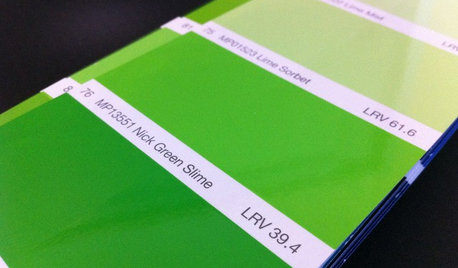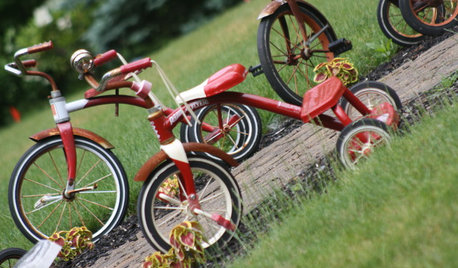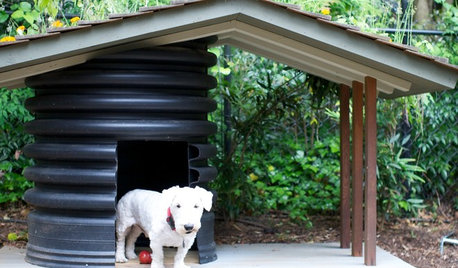Why is squash cracked ? Qu about cross -breeding?
doriswk
last year
last modified: last year
Featured Answer
Comments (15)
war garden
last yeardaninthedirt (USDA 9a, HZ9, CentTX, Sunset z30, Cfa)
last yearlast modified: last yeardoriswk thanked daninthedirt (USDA 9a, HZ9, CentTX, Sunset z30, Cfa)Related Professionals
Beavercreek Landscape Architects & Landscape Designers · Rancho Santa Margarita Landscape Contractors · Goldenrod Landscape Contractors · Camp Springs Landscape Contractors · Seabrook Landscape Architects & Landscape Designers · Fort Worth Landscape Contractors · Melrose Park Landscape Contractors · Chicago Ridge Landscape Contractors · Baileys Crossroads Landscape Contractors · Waunakee Landscape Architects & Landscape Designers · Frisco Landscape Contractors · Wakefield Landscape Contractors · Cliffside Park Landscape Contractors · Vashon Landscape Contractors · Ferguson Landscape Contractorsgardengal48 (PNW Z8/9)
last yearcarolb_w_fl_coastal_9b
last yeardoriswk
last yearlast modified: last yearCA Kate z9
last yeardoriswk
last yearcarolb_w_fl_coastal_9b
last yearlast modified: last yearCA Kate z9
last yeardoriswk
last yearDon V Zone 5-6 Cleveland OH
last yeargardengal48 (PNW Z8/9)
last year- doriswk thanked daninthedirt (USDA 9a, HZ9, CentTX, Sunset z30, Cfa)
carolb_w_fl_coastal_9b
last year
Related Stories

GARDENING GUIDESNew Ways to Think About All That Mulch in the Garden
Before you go making a mountain out of a mulch hill, learn the facts about what your plants and soil really want
Full Story
DECORATING GUIDESFrom Queasy Colors to Killer Tables: Your Worst Decorating Mistakes
Houzzers spill the beans about buying blunders, painting problems and DIY disasters
Full Story
CLEANINGThe 8 Germiest Places in Your Kitchen
Learn the top hot spots for bacteria in your kitchen and what to do about them
Full Story
KITCHEN DESIGNA Cook’s 6 Tips for Buying Kitchen Appliances
An avid home chef answers tricky questions about choosing the right oven, stovetop, vent hood and more
Full Story
BATHROOM DESIGNA Designer Shares Her Master-Bathroom Wish List
She's planning her own renovation and daydreaming about what to include. What amenities are must-haves in your remodel or new build?
Full Story
THE POLITE HOUSEThe Polite House: How to Handle a Grievance With a Neighbor and an HOA
A condo resident complains about noise from a toddler out with her mom on a 7 a.m. dog walk. Does the mother have any recourse?
Full Story
PETSSo You Want to Get a Cat
If you're a cat lover, the joys outweigh any other issue. If you haven't lived with one yet, here are a few things to know
Full Story
PETSHow to Help Your Dog Be a Good Neighbor
Good fences certainly help, but be sure to introduce your pup to the neighbors and check in from time to time
Full Story
REMODELING GUIDES10 Things to Do for a Smooth Renovation
A designer (and serial renovator) shares tips learned from years of working with clients and remodeling her own home
Full Story
LANDSCAPE DESIGN8 Modern-Day Moats That Float Our Boats
See how a simple water barrier with ancient roots can make for an eye-catching contemporary garden feature
Full Story











daninthedirt (USDA 9a, HZ9, CentTX, Sunset z30, Cfa)